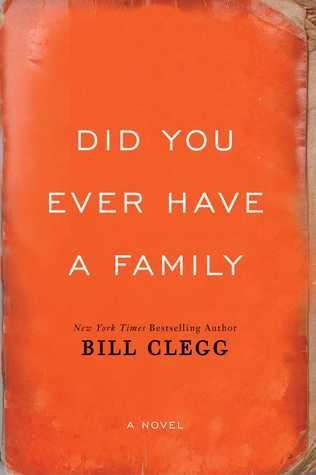The word purity made Pip shudder.I read The Corrections because I believed that with the whole Oprah thing, Jonathan Franzen was saying that I, as a mere housewife, couldn't possibly appreciate his great literary gifts. And yet, despite my scornful presentiments, I really liked that book; thought that Franzen had something interesting to say about people and relationships (but still bristled at the notion that gaining a fanbase among housewives could somehow ghettoize a career). I read Freedom because I thought I understood and liked Franzen's perspective, but found it to be something totally different – so stridently environmentalist (and bizarrely pro-songbird, as though anyone is anti-) that, by the end, I couldn't tell if Franzen was exhibiting his own beliefs or mocking those who sincerely held them (but I do think he was on to something with the anti-fracking warnings, for all the good that did). With Purity I am again of two minds: Is Franzen really a misogynistic anti-feminism caveman or did he simply write characters who are in order to appeal to the white male fanbase?
Pip Tyler is a recent college grad, saddled with 130k in student loans, and although she was raised by a loony and clinging single mother who refuses to tell Pip who her father is, Pip lives apart from her in the Bay Area with a bunch of other Occupy types in a squat house. She hates her job as a clean energy telemarketer and has little to lose when she's recruited to join Andreas Wolf and his Sunshine Project – a more morally pure version of Wikileaks – in the mountains of Bolivia; especially when Wolf assures Pip that he has the resources to find her father. The second section outlines Wolf's upbringing in East Berlin – as the privileged child of a loony and clinging mother – and explains how he stumbled into a life of dissidence. Then we jump ahead to modern day and join a journalist (who is always prefacing her thoughts with “As a feminist...”, “Because I am a feminist...”, “Since I should be a good feminist role-model...”, I get it: you're a feminist) as she tracks down a story, and it's in this section that we begin to see how the storylines and characters intersect. We also meet her partner, Tom, who has a loony and clinging mother. The overall plotting and the jumps from California to Soviet-controlled Germany to Bolivia, the sheer volume of story, was very enjoyable to me. But in the details...
Every mother is a controlling crackpot, dangling sexually ambiguous taunts in front of their sons, putting their daughters at risk of looking for love from inappropriate daddy figures. Every wife or girlfriend, if not outright cheating, withholds sex on vaguely feminist grounds, causing their partners to suppress their inner rapists and killers. And yet there's still rape. And murder. I can handle a book with unlikable characters but these people's actions and motivations were so outside the norm as to be caricatures; to what end?
Like always, Franzen has people discussing politics – from your average liberal being disappointed in Obama to freecyclers outlining the coming utopia in which nobody will work, or at least everyone will get the exact same wage, details to follow – and if he's trying to demonstrate a niche viewpoint, that's worth capturing. But there's no universality to his viewpoints, just poking at ideas that most people dismiss.
To drive east on Amarillo Boulevard was to pass, in quick succession, the high-security Clements Unit prison complex, the McCaskill meat-processing facility, and the Pantex nuclear-weapons plant, three massive installations more alike than different in their brute utility and sodium-vapor lighting. In the rearview mirror were the evangelical churches, the Tea Party precincts, the Whataburgers. Ahead, the gas and oil wells, the fracking rigs, the overgrazed ranges, the feedlots, the depleted aquifer. Every facet of Amarillo a testament to a nation of badass firsts: first in prison population, first in meat consumption, first in per-capita carbon emissions, first in line for the Rapture. Whether American liberals liked it or not, Amarillo was how the rest of the world saw their country.In Bolivia, Andreas Wolf attempts to make the point that the group-shaming of social media has the exact same effect as the spying of the Stasi in East Germany where he grew up. I don't know if I 100% buy that, but since Franzen is notorious for his own prickly social media presence, I assume this is a stance close to his own heart:
The New Regime even recycled the old Republic's buzzwords, collective, collaborative. Axiomatic to both was that a new species of humanity was emerging. On this, apparatchiks of every stripe agreed. It never seemed to bother them that their ruling elites consisted of the grasping, brutal old species of humanity.So is Franzen calling himself grasping and brutal? Is it too cutesy when a famous novelist in Purity says:
So many Jonathans. A Plague of literary Jonathans. If you read only the New York Times Book Review, you'd think it was the most common male name in America. Synonymous with talent, greatness. Ambition, vitality.Isn't it too cutesy to have a half-orphan named “Pip” make several references to Great Expectations and then have her discover an inheritance in the end? In a book that has everyone rejecting capitalism and privilege, how does capital equal redemption?
In the end, I don't think that Franzen is writing for me – and again, I can't tell if that's a joke or his actual shtick – but I can't say that he didn't warn me right from the start.











